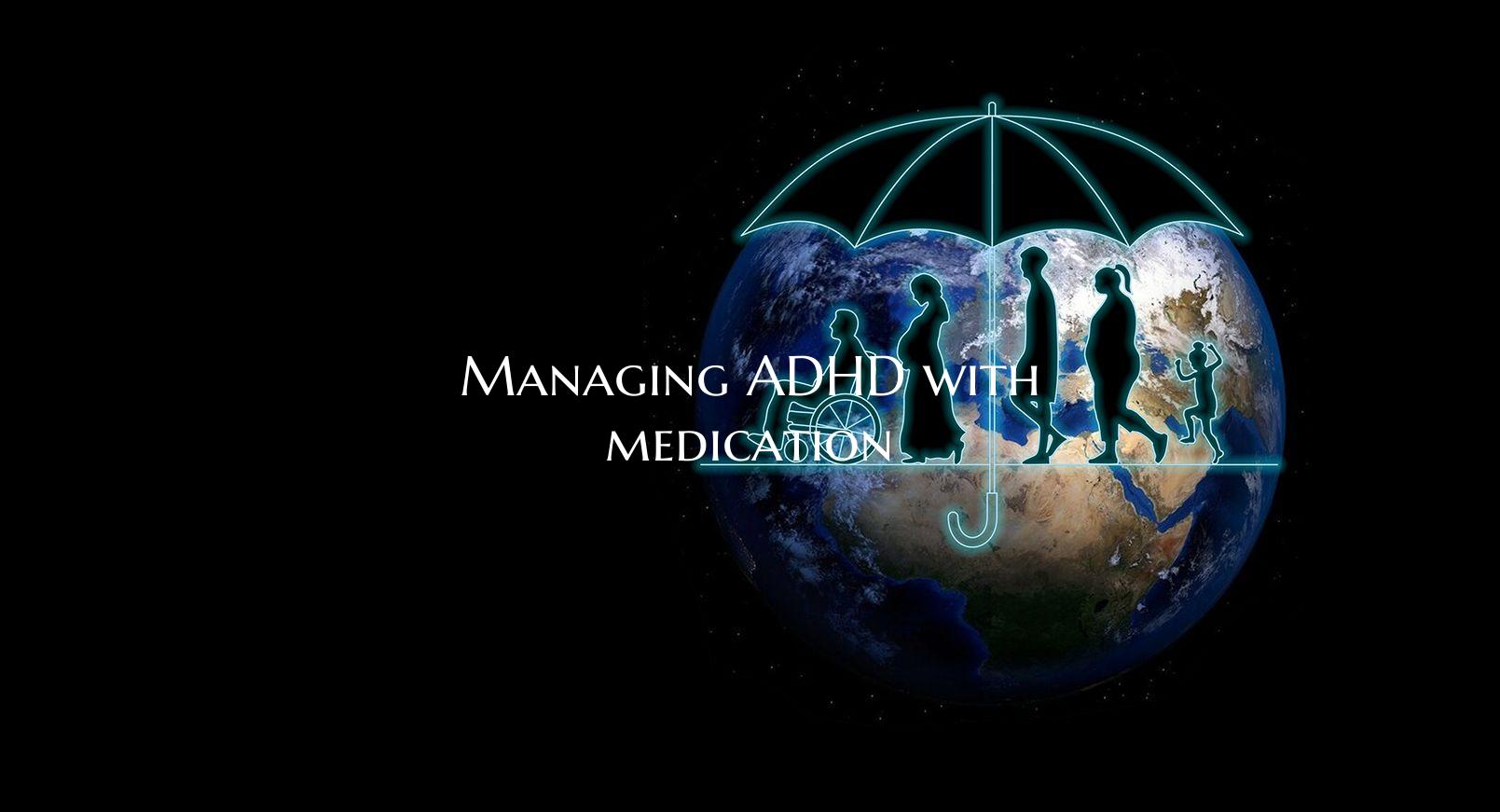
Managing ADHD with medication
Introduction: Attention Deficit Hyperactivity Disorder (ADHD) is a neurodevelopmental disorder that affects individuals of all ages, causing issues with paying attention, impulse control, and hyperactivity. While there are various treatment options available for managing ADHD, medication has proven to be one of the most effective methods in helping individuals alleviate the symptoms and improve their quality of life. In this article, we will explore how medication can be used as part of a comprehensive approach to manage ADHD effectively.
1. Understanding ADHD Medications: There are different types of medications prescribed to treat ADHD, including stimulants (such as methylphenidate and amphetamine) and non-stimulants (such as atomoxetine and guanfacine). Stimulant medications are the most commonly prescribed and work by increasing the levels of dopamine and norepinephrine in the brain, helping to improve focus and reduce impulsivity.
2. Benefits of ADHD Medication: - Improved Focus and Attention: ADHD medications have been shown to enhance concentration and attention span, making it easier for individuals to stay on task and complete daily activities. - Reduced Impulsivity and Hyperactivity: Medications can help individuals better control impulsive behaviors and reduce hyperactivity, leading to improved social interactions and overall functioning. - Enhanced Executive Functioning: Medications can also improve executive functions such as planning, organization, and time management, which are often areas of difficulty for individuals with ADHD.
3. Individualized Treatment Approach: It is essential to work closely with a healthcare provider to determine the most suitable medication and dosage for an individual with ADHD. Factors such as age, symptoms, medical history, and any coexisting conditions should be taken into consideration when prescribing medication. Regular monitoring and adjustments may be necessary to ensure optimal effectiveness and minimize side effects.
4. Managing Side Effects: While ADHD medications are generally safe and well-tolerated, they can sometimes cause side effects such as decreased appetite, sleep disturbances, or irritability. It is important to discuss any concerns with a healthcare provider to address these issues and explore potential solutions, such as adjusting the dosage or trying a different medication.
5. Integrating Medication with Other Therapies: Medication is often used in combination with behavioral therapies, counseling, and lifestyle modifications to provide a comprehensive treatment approach for ADHD. These complementary therapies can help individuals develop coping strategies, improve self-regulation, and enhance their overall well-being.
Conclusion: Managing ADHD with medication can significantly improve the symptoms and functioning of individuals with ADHD, enabling them to lead more productive and fulfilling lives. By working collaboratively with healthcare providers and incorporating a tailored treatment plan, individuals can effectively manage their ADHD and experience positive outcomes in various aspects of their lives.